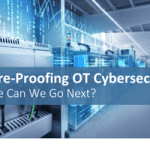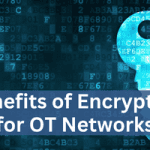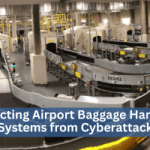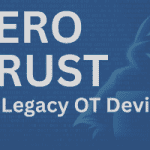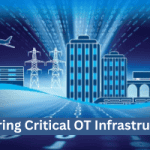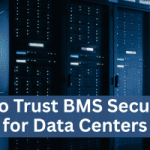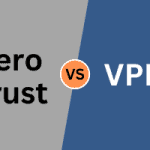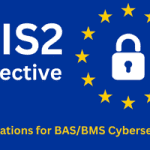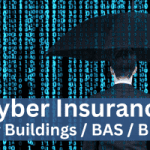OT Security
Future-Proofing OT Cybersecurity
Key Points OT Cybersecurity Faces Unique Challenges: Operational technology networks are often outdated, lack operating systems, span wide geographies, and weren’t designed for connectivity—making them vulnerable and hard to secure. Existing IT-Based Solutions Fall Short: Current cybersecurity tools focus on monitoring and alerting rather than proactive protection, leading to alert fatigue and leaving OT…
Read MoreBenefits of Encryption for OT Networks
Key Points Why OT Needs Encryption Now: Historically air-gapped OT systems avoided encryption due to isolation, performance concerns, and device limitations, but modern connectivity and remote access have made unprotected communications a major cyber risk. Key Security Benefits: Encryption prevents unauthorized access, stops man-in-the-middle attacks, protects sensitive operational data, supports regulatory compliance, and maintains system…
Read MoreZero Trust Security for Microgrids and Energy Control Systems
Key Points Growing Cyber Risk in Microgrids: The distributed nature, two-way data flows, and device diversity in microgrids greatly expand the attack surface, making traditional perimeter-based security insufficient. Limitations of Legacy Security: Older “verify then trust” models lack device-level authentication/encryption, leaving systems vulnerable if an insider device is compromised and failing to protect at Purdue…
Read MoreProtecting Airport Baggage Handling Systems from Cyberattack
Key Points Growing Cyber Risk for BHS: Airport baggage handling systems, running on legacy OT hardware and insecure protocols like Modbus and BACnet, are increasingly vulnerable to ransomware, insider threats, and state-sponsored cyberattacks. High Impact of Disruption: A BHS outage can cause major operational delays, lost luggage, passenger frustration, and even compromise sensitive passenger data.…
Read MoreZero Trust Security for Legacy OT Devices
Key Points Legacy OT Challenges: Many older OT systems use insecure protocols, lack modern security features, and have limited hardware resources—making them difficult to protect using traditional cybersecurity methods. Zero Trust Integration Options: Three primary methods exist—device replacement (costly), software-defined networking (limited protection), and security overlays (most effective and non-intrusive), with overlays offering encryption and…
Read MoreSecuring Critical Infrastructure to Reduce OT Cyber Risks and Impacts
Webinar Summary – Securing Critical Infrastructure (OT) In the webinar about securing critical infrastructure hosted by KMC Controls, the panelists discussed critical infrastructure and the importance of hardening operational technology (OT) against cyber vulnerabilities. The session featured insights from Sandy Kline, Louis Parks, and Paris Stringfellow, who shared their extensive experience in cybersecurity and operational…
Read MoreZero Trust Security for Building Management Systems in Data Centers
Key Points Cooling and Power Risks: While power failures are the top cause of serious data center outages, 13–19% result from cooling issues, with notable incidents caused by extreme heat. Cyber Threats to Environmental Systems: Attackers can overheat servers via workload manipulation, compromise HVAC controls through DCIM systems, or sabotage power systems—causing performance loss, hardware…
Read MoreZero Trust vs Remote Access VPN for Building Control Systems
Zero Trust architecture fundamentally transforms how organizations secure their building automation networks by addressing the inherent vulnerabilities of traditional remote access VPN-based security. Key Points VPNs Grant Broad Access; Zero Trust Enforces Least Privilege: VPNs give authenticated users full network access, while Zero Trust limits each user or device to only the specific resources needed,…
Read MoreEU NIS2 Directive and Implications for BAS-BMS Cybersecurity
The EU NIS2 Directive (Network and Information Security 2 Directive), which replaces and expands on the original NIS Directive, aims to strengthen cybersecurity requirements across critical sectors, including energy, healthcare, transportation, and digital infrastructure. While not explicitly focused on building automation systems (BAS), its implications for such systems are significant, particularly for facilities considered critical…
Read MoreCybersecurity Insurance for Buildings, BAS, BMS
Building owners should have cybersecurity insurance for their building automation systems (BAS) due to the increasing risk of cyberattacks on connected infrastructure. Key Reasons for BAS/BMS Cybersecurity Insurance Protection Against Financial Loss: A cyberattack on BAS can result in significant financial losses from system downtime, operational disruptions, or damaged equipment. Cybersecurity insurance can cover the…
Read More
